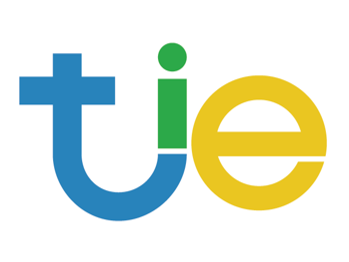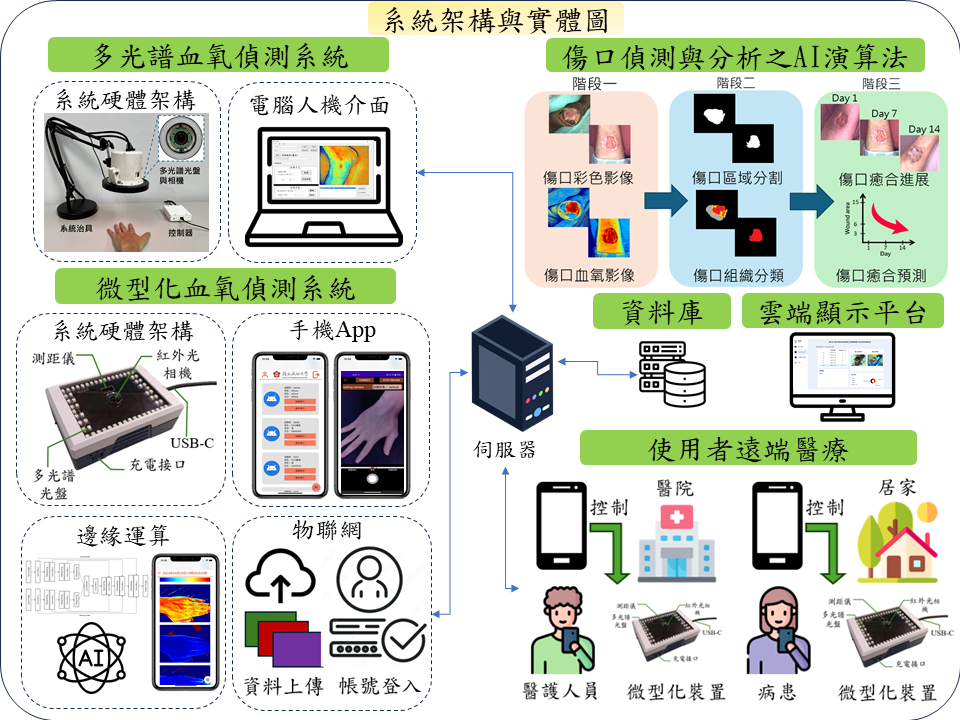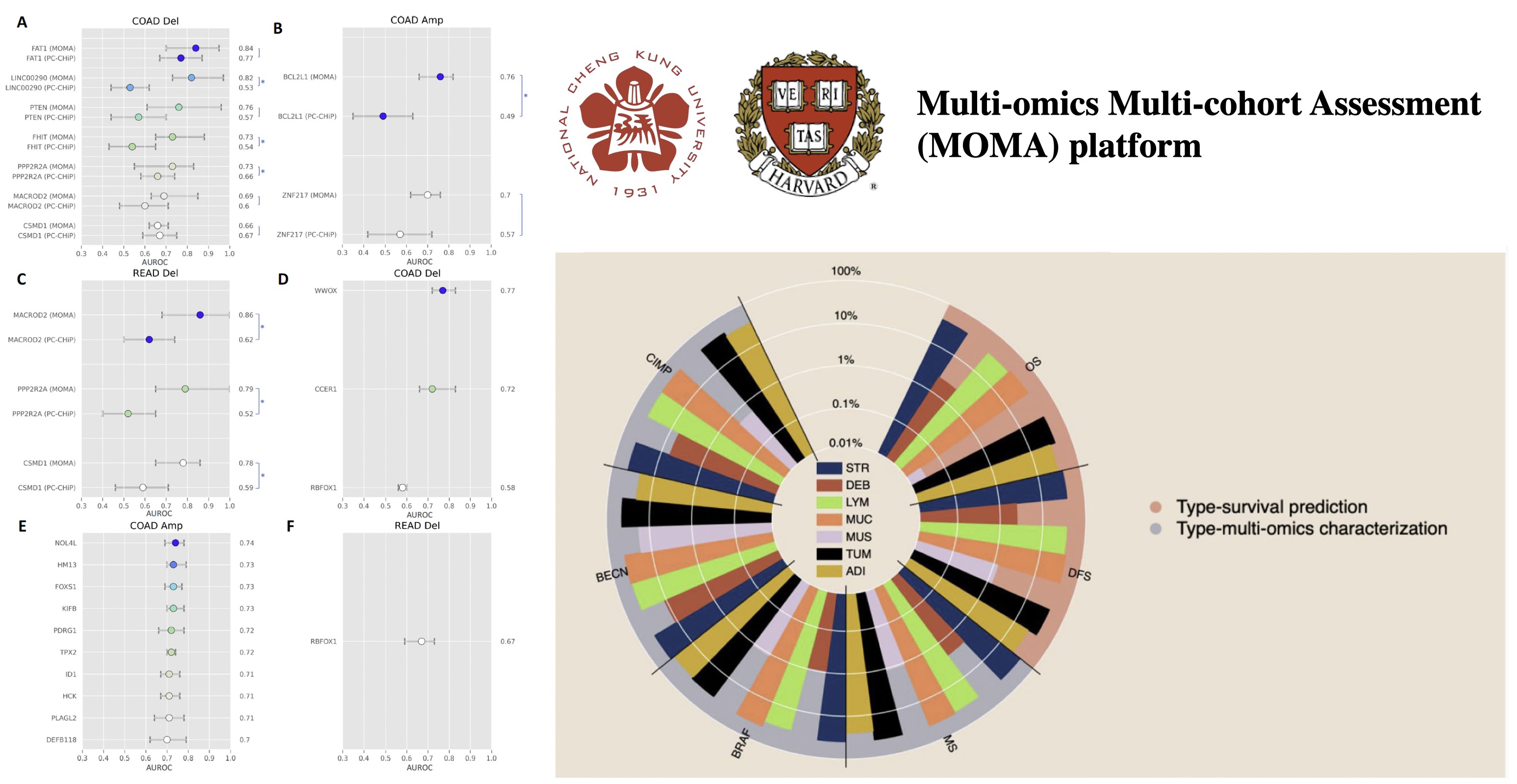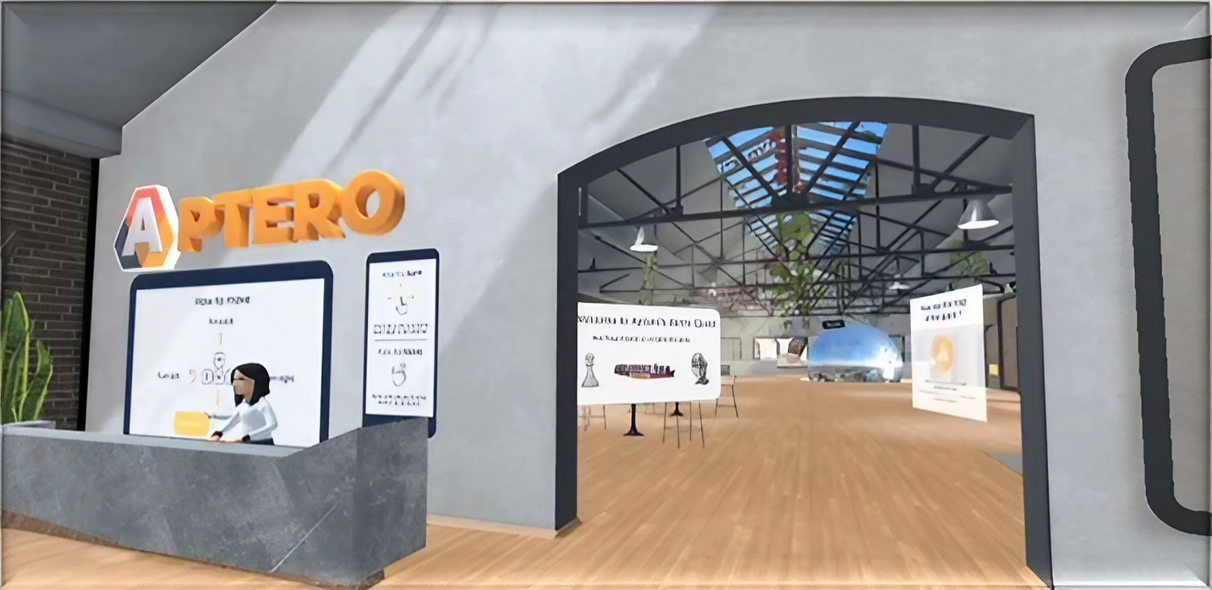MobileNet and APP based on Deep Neural Network: The Trend of Noise Reduction and Hearing Gain Improvement for Cochlear Implants and Hearing Aids

The traditional hearing aids (HAs) and cochlear implants (CI) exploit the methods of designing filters or building noise models to implement the noise reduction function. However, these methods are unable to satisfy the dynamic noise adaptation. Our research trained lightweight deep neural network (DNN) models and deployed them on the embedded system. These DNN models can be used to distinguish the noise type from the input audio signal and generate a clear audio signal, which decreases environmental noises to improve word correct rate (WCR) and listening experience of the users.In the noise reduction neural network architecture, the noise environment is first recognized by the noise classifier (NC), and the corresponding deep denoising autoencoder (DDAE) is selected according to the result of the classifier to improve the noise reduction effect. In order to deploy the neural network on the embedded system, we reduce the size of the model by replacing the previous Full Connected (FC) architecture with the convolution neural network (CNN) architecture. The current result shows that the size of the NC model parameters can be reduced by 79% and its accuracy is not massively compromised as well.The HAs/CI has optimal performance in a quiet environment but is limited by noises. Our team presents an NC+DDAE model, which is a model designed to overcome background noises and provide a crucial solution to noise interference on the current HAs/CI.
Background noises reduction is essential to HAs/CI. The current HAs/CI uses classic noises reduction to improve its effectiveness but such a method is limited to the stationary noise. This problem can be solved by utilizing deep learning. The approach is adjustable and customizable to the users. Besides, the NC+DDAE technology is compatible with the current HAs/CI and can be deployed on Android smartphones , which in turn can be utilized to rectify clear audio and transmit noise-less audio data to the HAs/CI.
Name:羅雅君
Phone:02-2826-4400#3088
Address:No.45, Zhenxing St., Beitou Dist., Taipei City,
Building integrated management system by artificial intelligence based on big data analysis and data mining to implement precision medicine in healthcare management

A multispectral light source based miniaturized tissue oxygenation imaging system for telemedicine wound healing phases recognition

A Pioneer Novel Weakly-supervised Multi-instance Learning Framework for Genetic Expression Recognition and Survival Prediction in Digital Pathology Images

"1) Integrating AI recognition, IoT, and blockchain into traceable software and hardware for recycling UCO 2) Cutting-edge 3D learning platform powered by Spatial AI 3) Optimize use of existing buildings by making them transformable and adaptive to human needs at the click of a button 4) Non-contact image analysis and calculation technology to capture vital signs through dynamic face detection"
Technology maturity:Concept
Exhibiting purpose:Technology transactions、Product promotion、Display of scientific results
Trading preferences:
Coming soon!